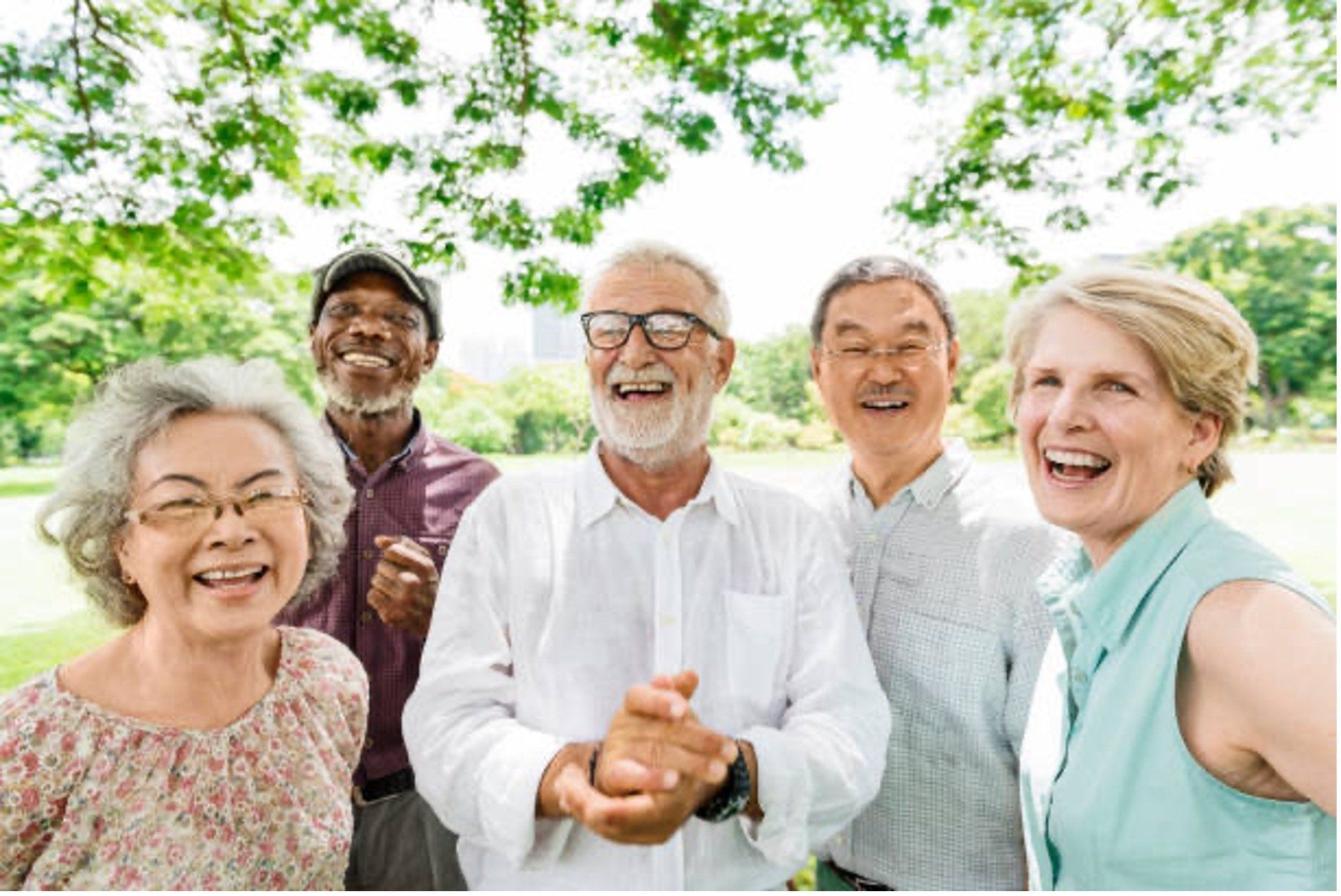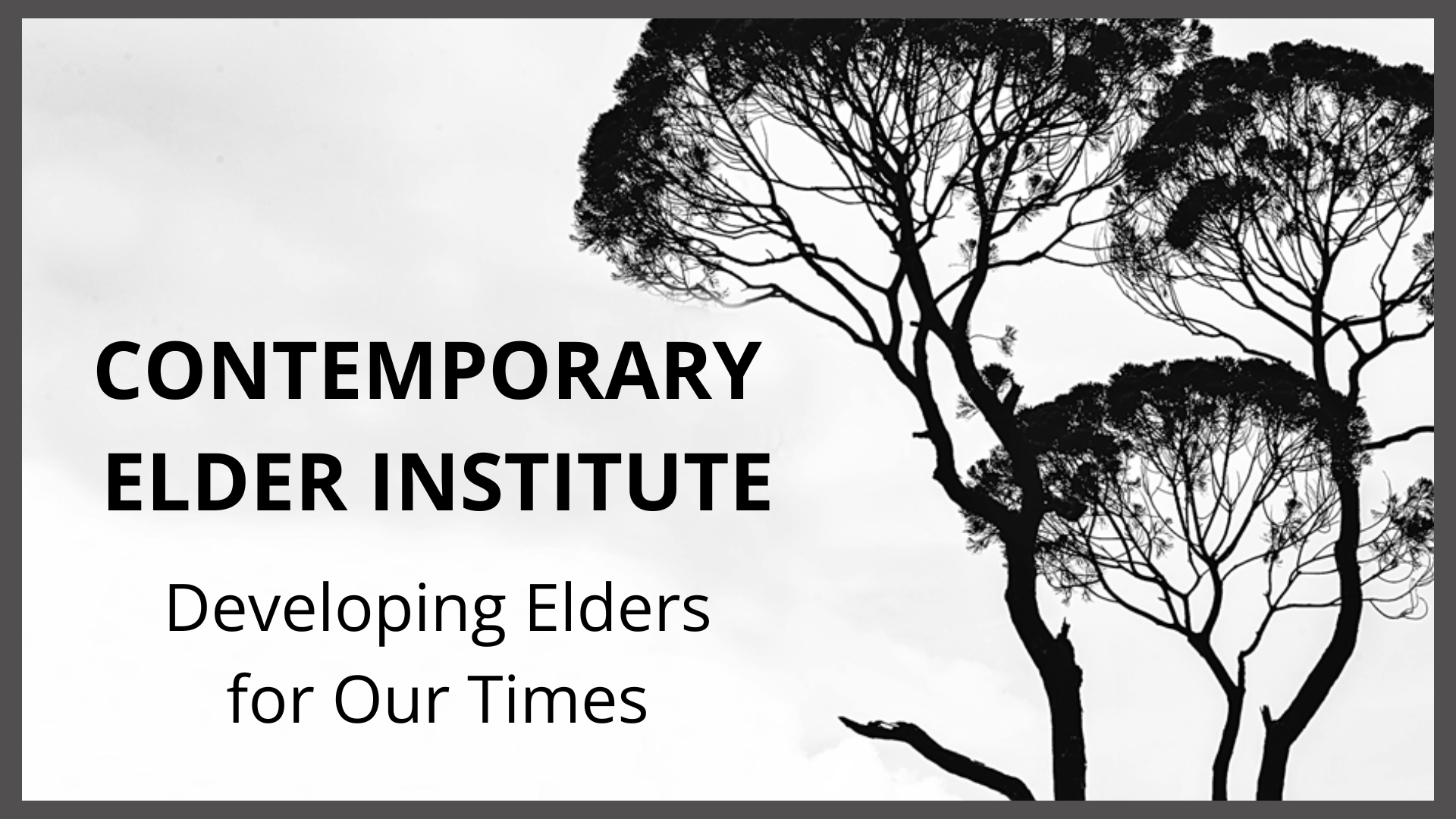THE CONTEMPORARY ELDER OF 2023
THE CONTEMPORARY ELDER OF 2023

WHO IS AN ELDER
“In old traditions, those who acted as elders were considered to have one foot in daily life and the other foot in the otherworld. Elders acted as a bridge between the visible world and the unseen realms of spirit and soul. A person in touch with the otherworld stands out because something normally invisible can be seen through them. The old word for having a foot in each world is weird. The original sense of weird involved both fate and destiny. Becoming weird enough to be wise requires that a person learn to accommodate the strange way they are shaped within and aimed at the world.
An old idea suggests that those seeking an elder should look for someone weird enough to be wise. For just as there can be no general wisdom, there are no “normal” elders. Normal bespeaks the “norms” that society uses to regulate people, whereas an awakened destiny always involves connections to the weird and the warp of life.
Those who would become truly wise must become weird enough to be in touch with timeless things and abnormal enough to follow the guidance of the unseen. Elders are supposed to be weird, not simply “weirdos,” but strange and unusual in meaningful ways. Elders are supposed to be more in touch with the otherworld but not out of touch with the struggles in this world. Elders have one foot firmly in the ground of survival and another in the realm of great imagination. This double-minded stance serves to help the living community and even helps the species survive.” – Michael Meade
WHO IS A CONTEMPORARY ELDER
Historically, indigenous and church elders were often called to undertake the following crucial roles: teacher, counselor, ceremony conductor, healer, and conflict resolver. Each of these categories is not distinct; for instance, an elder is responsible for teaching the ceremonies and knowledge of healing to the next generation.
An elder uses traditional knowledge, ceremony, stature, and wisdom to help resolve conflicts while imparting cultural, existential, and metaphysical teachings. It must be remembered, however, that every elder has unique experiences and lessons gathered over a lifetime that will make the individual more adept in some roles than others.
Elders traditionally are committed to living what they teach, helping others, and working to improve individual and community well-being. Elders are generally expected to remain neutral or passive when speaking or working with people; however, they may assume more of a vocal stance or immediate actions if needed.
A sterling example was the “Elders,” a group of world leaders formed at the beginning of the 21st century to address global human rights issues and abuses. The group was composed of distinguished leaders, called “Elders,” including Kofi Annan, Ela Bhatt, Lakhdar Brahimi, Gro Brundtland, Fernando H. Cardoso, Jimmy Carter, Grace Machel, Nelson Mandela, Mary Robinson, Desmond Tutu, and Muhammad Yunus; the Myanmar opposition leader Aung San Suu Kyi was an honorary member. Most were retired from public office. They were the highest expression of elders – bringing peace, justice, equanimity, and fairness globally.
A Contemporary Elder’s job is the same – bring peace, justice, equanimity, and fairness to whatever situation and relationships they encounter. But to do this job in this dark time, the Contemporary Elder must be highly self-aware and possess a conscious knowledge of one's own character, feelings, motives, and desires. When one understands themselves; when one unwinds themselves from their ego; when one releases themselves from their past and their default future, when one can be in the moment, fully present to what is occurring, then one can do what is necessary to bring peace, equanimity, and fairness to the situation.
Contemporary means living or occurring at the same time; belonging to or occurring in the present. Our elder model incorporates Theravada Buddhism, Theravada, literally “The Way of the Elders.” It is the school of Buddhism most prominent today. But, as the name suggests, the school is most faithful to the teachings passed down through hundreds of generations. In our elder model, we practice meditation, yoga, and other disciplines, such as Socratic and Appreciative inquiry, for self-awareness and self-understanding. Together, this allows a Contemporary Elder to be unhinged from their identity and past to be fully present in the moment. And when fully present in the moment, an elder’s powerful listening, higher wisdom, and genuine compassion emerge.
Lastly, what distinguishes Contemporary Elders from other elder models is that they have a purpose greater than themselves. It is not only about aging well and dealing with all the infirmaries and issues of late aging but serving a mission of being healers needed for today’s world.
If you want to develop yourself as a Contemporary Elder, consider our Contemporary Elder retreat in September 2023 - http://www.requestingwisdom.com/retreat.
Stepping into 2023, I need to acknowledge our leadership team, the many teachers, spiritual guides, and colleagues who have made the Contemporary Elder Institute a reality in the world.
Michael Meade is one of our primary sources. Here is Michael telling us the power of story. What story will you author about yourself in 2023? What story will The Contemporary Elder Institute create for itself in 2023?
